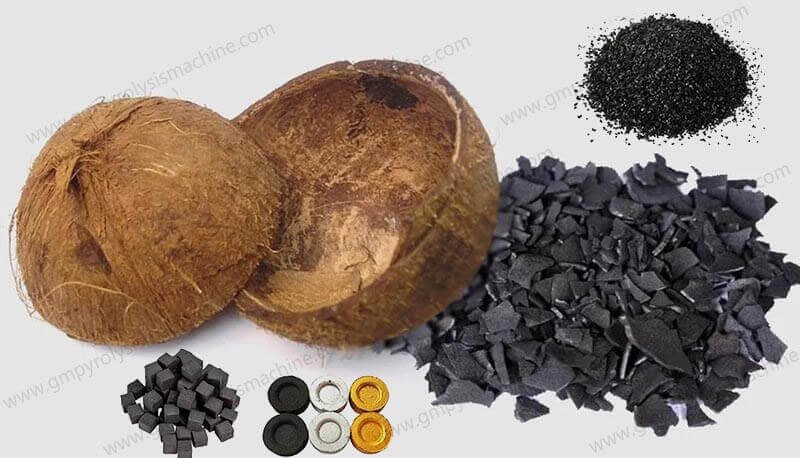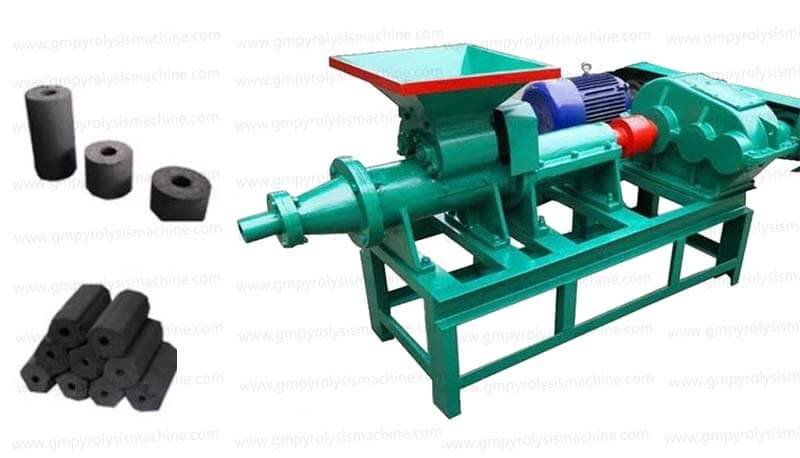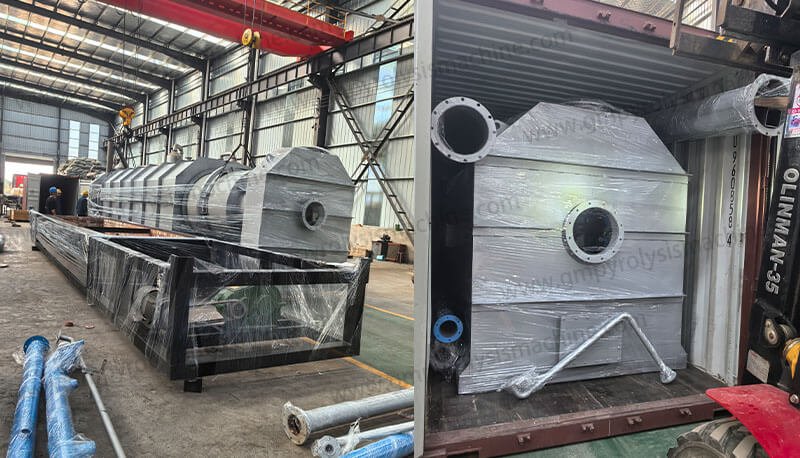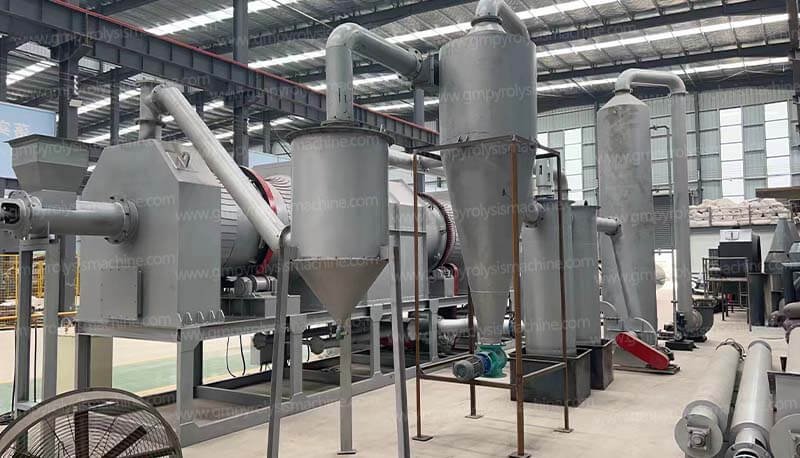If you’re searching for a coconut shell charcoal making machine in China, you’re likely aiming to convert waste coconut shells into profitable, eco-friendly charcoal. Dives into the coconut shell charcoal making process, analyzes coconut shell charcoal making machine price factors, and explains how to use coconut shell charcoal for maximum ROI.
Why Choose a Coconut Shell Charcoal Making Machine in China?
China’s expertise in pyrolysis technology and industrial manufacturing ensures high-quality charcoal making machines tailored for coconut shells. Here’s why buyers worldwide trust Chinese suppliers:
1. Cost Efficiency: Competitive pricing due to streamlined production and material sourcing.
2. Advanced Technology: Automated controls, energy-efficient designs, and compliance with international emissions standards.
3. Durability: Machines are built with heat-resistant alloys for long-term operation.
4. Customization: Options for capacity (500kg to 5 tons/day), heating methods, and automation levels.
5. Certifications: CE, ISO, and SGS certifications guarantee safety and performance.
Whether you’re a startup or a large-scale manufacturer, Chinese suppliers offer scalable solutions to match your budget and output goals.
Coconut Shell Charcoal Making Machine Price: What Influences It?
The coconut shell charcoal making machine price varies based on:
Capacity: Higher-capacity models (3–5 tons/day) cost $45,000–$100,000+, while smaller units (500kg–1 ton/day) start at $15,000.
Automation Level: Semi-automatic systems are budget-friendly; fully automatic ones save labor costs.
Heating Source: Direct heating (lower cost) vs. indirect heating (better for consistent quality).
After-Sales Support: Suppliers offering installation guidance, warranties, and spare parts may charge slightly more but reduce long-term risks.
Pro Tip: Request quotes from 2-3 verified Chinese manufacturers to compare specs and negotiate bulk discounts.
Coconut Shell Charcoal Making Process Simplified
Understanding the coconut shell charcoal making process helps optimize machine performance:
1. Crushing: Coconut shells are shredded into 10–20mm pieces for uniform carbonization.
2. Drying: Reduce moisture content to <15% using a rotary dryer.
3. Carbonization: Shells are heated to 400–600°C in an oxygen-free pyrolysis reactor, converting them into charcoal.
4. Cooling & Discharge: The charcoal is cooled rapidly to prevent re-ignition.
5. By-Product Collection: Syngas is recycled as fuel; tar is extracted for industrial use.
Modern machines integrate these steps seamlessly, achieving a 95% conversion rate with minimal waste.
How to Use Coconut Shell Charcoal: Applications & Tips
The end product isn’t just for BBQ! Here’s how to use coconut shell charcoal effectively:
Fuel: High calorific value (7,500 kcal/kg) makes it ideal for industrial boilers, metallurgy, and cooking.
Agriculture: Improves soil fertility as a natural fertilizer.
Activated Carbon: Further processing creates adsorbents for water purification and medical uses.
Cosmetics: Charcoal powders are used in skincare products for detoxification.
Storage Tip: Keep charcoal in airtight bags to maintain quality and avoid moisture absorption.
FAQs About Coconut Shell Charcoal Machines
Q: How long does the carbonization process take?
A: Typically 15–20 hours, depending on shell moisture and machine efficiency.
Q: Can the machine process other biomass?
A: Yes! Most models handle wood, rice husks, bamboo, and palm kernels.
Investing in a coconut shell charcoal making machine in China unlocks a sustainable revenue stream while reducing organic waste. With transparent pricing, cutting-edge technology, and versatile applications, Chinese machinery offers unmatched value. Ready to start? Optimize your biochar production today—contact us for a tailored quote!






